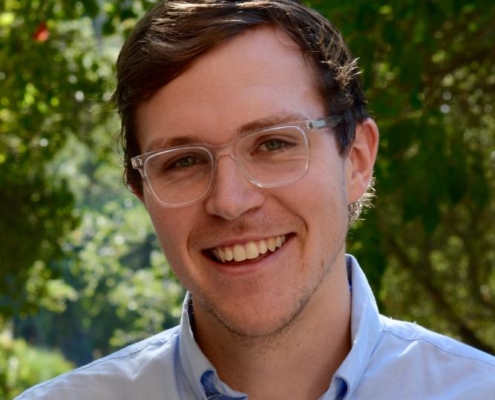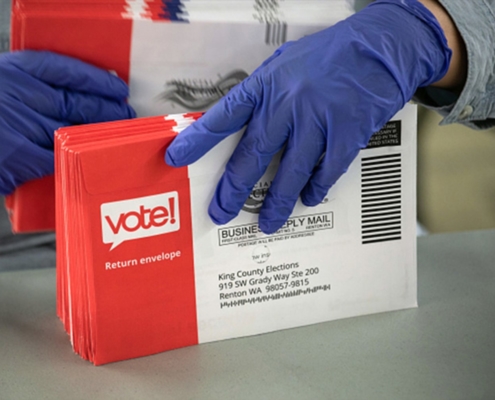Posts

Incoming UCLA Professor Examines if Vote-by-Mail Advantages Either Political Party
By Dan Thompson I am a PhD candidate in American politics…

Leading Voting Rights Experts Discuss Universal Vote-By-Mail Amidst COVID-19
By Eliza Moreno, Communications Manager, Latino Policy &…

